detail profile keisuke kinoshita
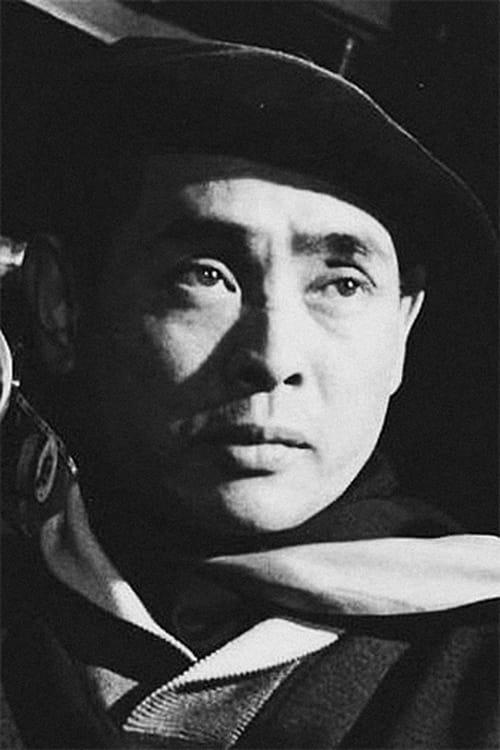
Keisuke Kinoshita
木下正吉 (本名)
atau dikenal sebagai
Riwayat Hidup
Keisuke Kinoshita (木下 惠介, Kinoshita Keisuke, December 5, 1912 – December 30, 1998) was a Japanese film director.
Hugely popular in his home country of Japan, Keisuke Kinoshita worked tirelessly as a director for nearly half a century, making lyrical, sentimental films that often center on the inherent goodness of people, especially in times of distress.
He began his directing career during a most challenging time for Japanese cinema: World War II, when the industry’s output was closely monitored by the state and often had to be purely propagandistic.
He refused to be bound by genre, technique, or dogma.
Kinoshita excelled in almost every genre: comedy, tragedy, social dramas, period films.
He shot all films on location or in a one-house set.
He pursued severe photographic realism with the long take, long-shot method, and went equally far toward stylization with fast cutting, intricate wipes, tilted cameras, and even classical scroll-painting and Kabuki stage technique.
Kinoshita was highly prolific, turning out some 42 films in the first 23 years of his career.
For this, Kinoshita explained that he "can’t help it.
Ideas for films have always just popped into my head like scraps of paper into a wastebasket.
" While lesser-known internationally than contemporaries such as Akira Kurosawa, Kenji Mizoguchi and Yasujirō Ozu, he was a household figure in his home country, beloved by both critics and audiences from the 1940s to the 1960s.
Although few concrete details have emerged about Kinoshita's personal life, his homosexuality was widely known in the film world.
Screenwriter and frequent collaborator Yoshio Shirasaka recalls the "brilliant scene" Kinoshita made with the handsome, well-dressed assistant directors he surrounded himself with.
His 1959 film Farewell to Spring (Sekishuncho) has been called "Japan's first gay film" for the emotional intensity depicted between its male characters.
Kinoshita received the Order of the Rising Sun in 1984 and was awarded the Order of Culture in 1991 by the Japanese government.
He died on December 30, 1998, of a stroke.
His grave is in Engaku-ji in Kamakura, very near to that of his fellow Shochiku director, Yasujirō Ozu.
Info Pribadi
Peran Yang Di Mainkan Keisuke Kinoshita
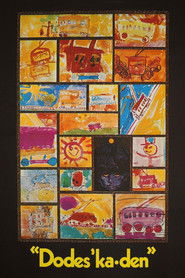 This film follows the daily lives...
This film follows the daily lives...Dodes'ka-den 1970
This film follows the daily lives of a group of people barely scraping by in a slum on the outskirts of Tokyo. Yet as desperate as their circumstances are, each of them—the homeless father and son envisioning their dream house; the young woman abused by her uncle; the boy who imagines himself a trolley conductor—finds reasons to carry on.
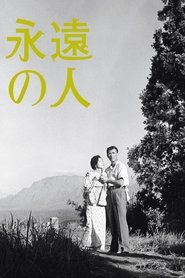 A young woman is forced by...
A young woman is forced by...Immortal Love 1961
A young woman is forced by circumstance into a loveless marriage while still in love with another. This episodic tale follows their story through three decades of bitter conflict which engulfs their children and those around them.
 In a time of continuous civil...
In a time of continuous civil...The River Fuefuki 1960
In a time of continuous civil wars ravaging the fields of feudal Japan, the eldest son of a very poor peasant family, living alongside the bridge over the Fuefuki river, decides to serve a warlord to escape his miserable condition, being soon followed by his younger brothers. Although not all the men of the family take this tragic path of death, women of the family will be doomed to endure the pain of loss during the next five generations.
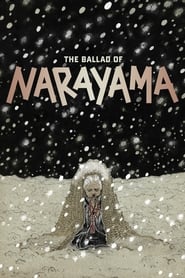 In Kabuki style the film tells...
In Kabuki style the film tells...The Ballad of Narayama 1958
In Kabuki style, the film tells the story of a remote mountain village where the scarcity of food leads to a voluntary but socially-enforced policy in which relatives carry 70-year-old family members up Narayama mountain to die. Granny Orin is approaching 70, content to embrace her fate. Her widowed son Tatsuhei cannot bear losing his mother, even as she arranges his marriage to a widow his age. Her grandson Kesa, who's girlfriend is pregnant, is selfishly happy to see Orin die. Around them, a family of thieves are dealt with severely, and an old man, past 70, whose son has cast him out, scrounges for food. Will Orin's loving and accepting spirit teach and ennoble her family?
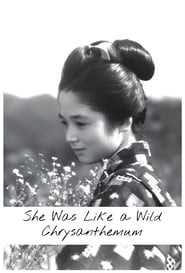 On the way back to his...
On the way back to his...She Was Like a Wild Chrysanthemum 1955
On the way back to his childhood home, a septuagenarian man recalls his childhood and adolescence, in particular his love for a young woman.
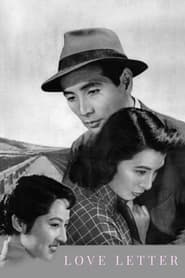 A sad and troubled man finds...
A sad and troubled man finds...Love Letter 1953
A sad and troubled man finds a new job five years after the end of WWII, where he writes love letters for other people.
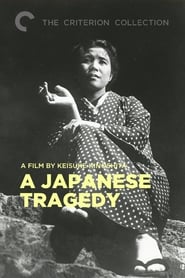 At the close of the war...
At the close of the war...A Japanese Tragedy 1953
At the close of the war in Japan, a widowed mother makes every possible sacrifice to bring up her ungrateful son and daughter who are unimpressed with their poor standard of living at home. They gradually reject her in search of the material comforts that working as a maid cannot provide. The mother's despair becomes interminable.
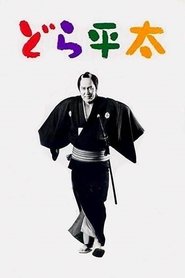 A new magistrate in the town...
A new magistrate in the town...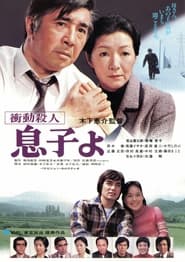 A man whose son has been...
A man whose son has been...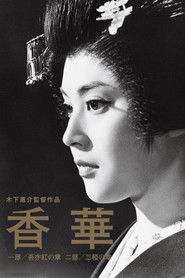 After her mother runs away from...
After her mother runs away from...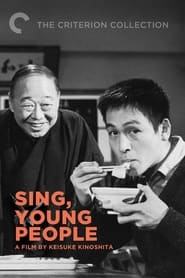 A story about four best friends...
A story about four best friends...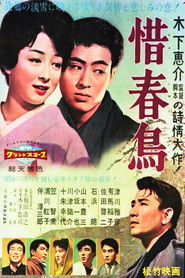 Five longtime friends get back together...
Five longtime friends get back together...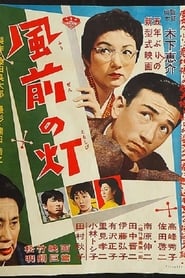 The plans of a trio of...
The plans of a trio of...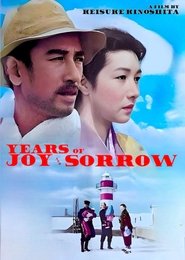 The story of the trials and...
The story of the trials and...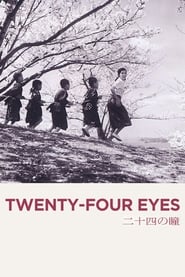 From 1928 to 1946 the lives of 12 young...
From 1928 to 1946 the lives of 12 young...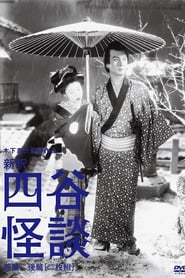 Iemon Tamiya is an impoverished masterless...
Iemon Tamiya is an impoverished masterless...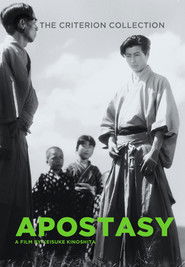 In the Meiji period a schoolteacher...
In the Meiji period a schoolteacher...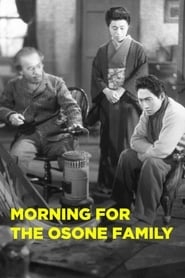 A Japanese family weathers much hardship...
A Japanese family weathers much hardship...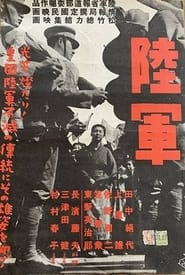 Though plagued by ill health all...
Though plagued by ill health all...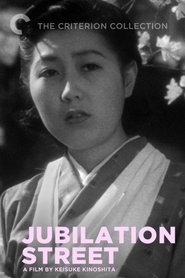 The few residents left on the...
The few residents left on the...